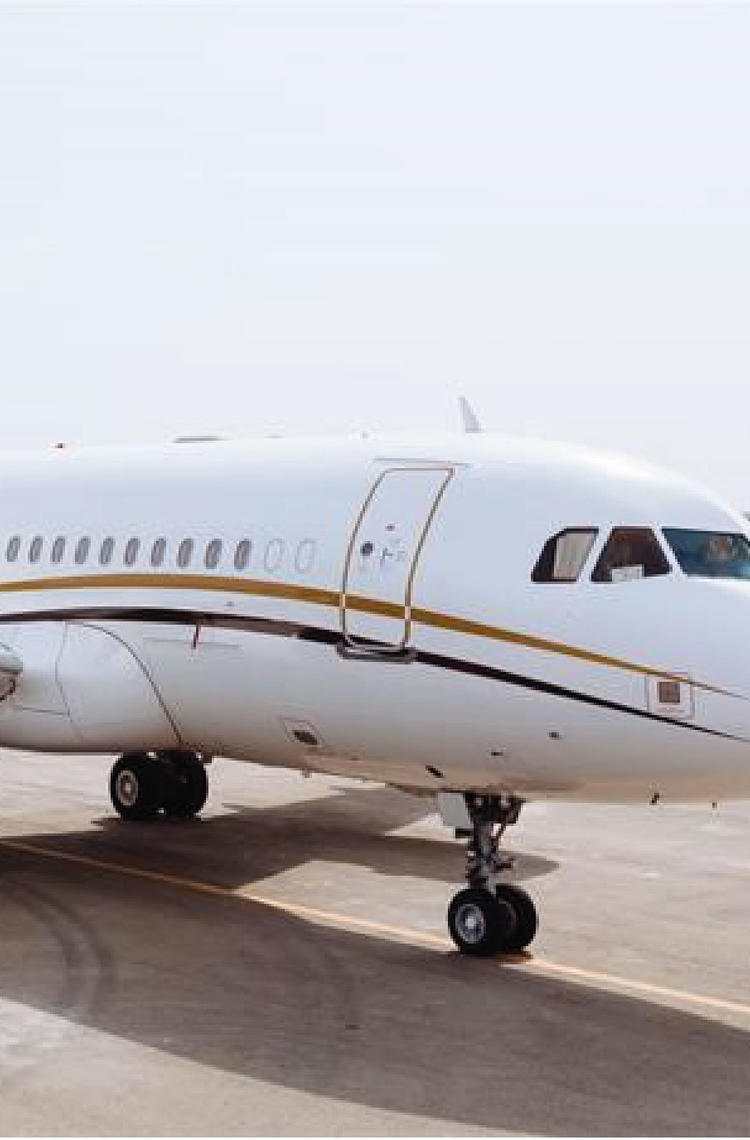As the world continues to recuperate from the disruptions caused by the COVID-19 pandemic, the aviation trade is experiencing a dramatic shift within the economics of jet travel. With rising gas prices, increased operational prices, and altering shopper habits, the cost of flying has develop into a urgent concern for each airlines and travelers alike. This text delves into the assorted factors contributing to the rising prices of jet travel and what it means for the way forward for air travel.
The Gas Factor
One of many most vital contributors to the rising cost of jet travel is the price of aviation gas. In recent months, global oil prices have surged, pushed by geopolitical tensions, supply chain disruptions, and recovering demand as economies reopen. In accordance with the Worldwide Air Transport Affiliation (IATA), gas costs account for roughly 20-30% of an airline's working expenses. As these costs rise, airlines are forced to move on the burden to shoppers by way of increased ticket prices.

In addition to fuel costs, airways are additionally dealing with increased prices associated to sustainability initiatives. Many carriers are investing in more gas-environment friendly aircraft and exploring different fuels to scale back their carbon footprint. While these efforts are commendable, they typically come with hefty price tags that can further drive up ticket prices.
Labor and Operational Costs
The aviation trade can also be grappling with rising labor prices. The pandemic led to widespread layoffs and furloughs, and as demand for air travel rebounds, airways are struggling to rehire employees and offer aggressive wages. The shortage of qualified personnel, particularly pilots and upkeep crews, has resulted in elevated labor costs as airlines compete to draw talent.
Operational prices have also risen attributable to the necessity for enhanced security measures in response to the pandemic. Airlines have invested heavily in sanitization protocols, private plane membership protecting tools (PPE), and other health-related measures to reassure travelers. If you have any thoughts pertaining to the place and how to use top 10 private jet charters, you can get hold of us at our own web-site. These further bills can result in larger ticket prices, additional straining the budgets of travelers.
Changing Shopper Habits
The pandemic has essentially altered client habits, with many travelers now prioritizing flexibility and security over worth. In consequence, airlines have adjusted their pricing strategies to cater to this new mindset. Many airways have applied extra versatile booking policies, allowing travelers to vary or cancel flights without incurring hefty fees. Whereas these policies are beneficial for shoppers, they'll lead to elevated prices for airlines, which may be mirrored in ticket prices.
Furthermore, the demand for premium services has surged, with travelers keen to pay extra for added comfort and convenience. Enterprise and first-class tickets have seen a resurgence, and airways are responding by enhancing their choices, which can result in larger overall ticket prices throughout the board.
The Impression of Inflation
Inflation is another crucial factor contributing to the rising prices of jet travel. As costs for items and providers increase, airways are faced with rising costs for the whole lot from aircraft maintenance to in-flight catering. The buyer Value Index (CPI) has shown a gradual increase in prices across varied sectors, and the aviation industry is not any exception. Airlines are likely to proceed elevating ticket costs in response to inflationary pressures, further impacting travelers' budgets.
The future of Air Journey
As we look to the longer term, it is evident that the prices associated with jet travel will not be more likely to decrease anytime quickly. Airlines will need to navigate a complex panorama of rising operational prices, changing consumer preferences, and economic uncertainty. Whereas there are efforts underway to make air travel extra sustainable and reasonably priced, the reality is that customers may need to adjust their expectations relating to ticket costs.
One potential answer for travelers in search of to mitigate prices is to book flights throughout off-peak occasions or reap the benefits of fare gross sales. Additionally, travelers can consider different airways or routes which will supply more competitive pricing. Nonetheless, because the trade continues to evolve, it is crucial for consumers to remain knowledgeable concerning the elements influencing ticket costs.
Conclusion
The rising costs of jet travel are a multifaceted challenge that reflects broader economic tendencies and modifications throughout the aviation business. As fuel prices, labor costs, and inflation proceed to rise, travelers may discover themselves dealing with greater ticket costs for the foreseeable future. Whereas airways strive to balance profitability with client demand, it's essential for travelers to remain knowledgeable and adapt to the altering landscape of air travel. The way forward for flying could also be more expensive, but with careful planning and consciousness, travelers can still navigate the skies with out breaking the bank.








